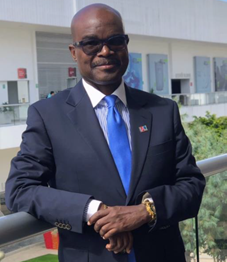 Transforming African Universities and Epistemic Cultures in the Post-COVID-19 World
Transforming African Universities and Epistemic Cultures in the Post-COVID-19 World
Paul Tiyambe Zeleza
Biography
Paul Tiyambe Zeleza is the Vice Chancellor (President) and Professor of the Humanities and Social Sciences at the United States International University-Africa. His most recent books include The Transformation of Global Higher Education, 1945-2015 (2016) and Africa and the Disruptions of the 21st Century (2020).
Abstract
The COVID-19 pandemic has exposed and exacerbated the systemic deficiencies and inequalities in healthcare systems, economies, businesses and educational institutions at all levels around the world. African universities have been particularly affected. What does this portend for the future of these universities, and for the production, consumption and dissemination of scholarly knowledges?
In this paper, Paul Zeleza argues that universities face various alternative and overlapping futures involving three interlinked scenarios: restoration, evolution, and transformation. The scenarios encompass every aspect of university affairs from the modalities of teaching and learning, financial models, leadership skills, and institutional governance systems to modes of external engagements. In this context, it is critical to interrogate the desirable transformative trajectories for African universities and African studies as a constellation of knowledges on, about, and for Africa.
Constructing new futures for African universities and knowledge economies entails institutional, intellectual, ideological struggles and negotiations, and different ways of studying and assessing the value proposition of universities not only for students and other internal stakeholders, but also for African countries and societies and African diasporas in their complex national and transnational dimensions, articulations, and intersection.